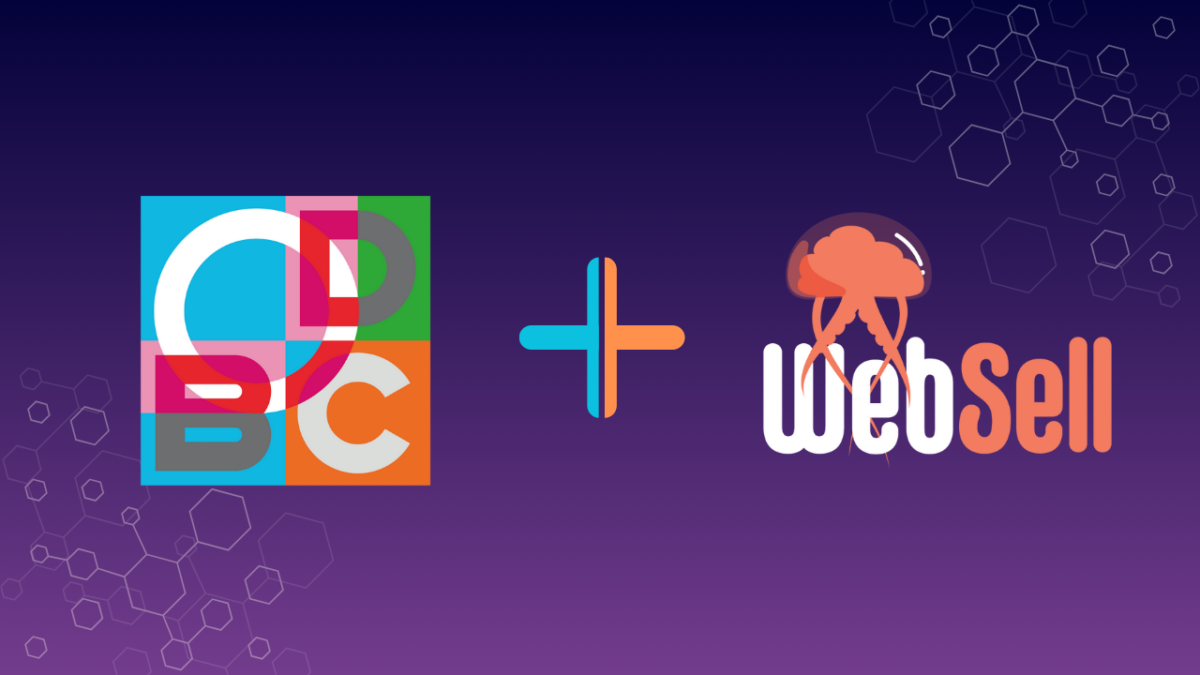Getting your website up and running is one thing, but no one will buy from your site unless you market it to potential customers. A big hurdle for many is that most small and independent retailers can’t afford to hire marketing professionals.
That’s where your suite of marketing tools comes in. Every marketing department in every business, no matter how big or small, has an arsenal of marketing tools at their disposal. The right tools can enable your business to do the work of a full marketing department. So, what are the best marketing tools for online businesses for 2023 and beyond?
FYI, if you’re on a budget, check out our top free tools guide.
Here’s our top picks 👇 (almost all of which we use ourselves 😉):
1. Google Analytics
The godfather of all marketing tools is Google Analytics. It’s where you can view and analyze the performance of your site and the user’s that visit your website. What’s more, it’s completely free.
There’s a wealth of information and data at your fingertips with Google Analytics. You can extract and analyze data to get valuable insights about your visitors and customers. Measuring data like the bounce rate of certain pages on your site to see if some aspects of your site aren’t up to scratch is one useful function.
Marketers can also go deeper into customer journeys and find at what point they might decide to leave. It is the holy grail of digital marketing tools and it’s a no-brainer at No. 1 on our list.
2. Mailchimp
Email marketing is still the best form of digital marketing boasting an ROI of 4400% ($44 return for every $1 spent 😲). So, when doing email marketing you need the most user-friendly and feature-rich email marketing service.
Mailchimp’s intuitive interface and their impressive number of features available make this tool attractive and suitable for every size of business. There are two areas where Mailchimp stands out which make it the best email marketing platform.
- Templates. Undoubtedly one of the best advantages of Mailchimp: their template editor. With pre-made templates and a simple drag-and-drop editor, there is no excuse for not doing email marketing given how easy they make it. You can get more in-depth by coding your own, but you could do much worse than getting up and running with some of their basic templates.
- Reporting. Mailchimp has easily accessible reporting data on every campaign with various performance indicators like open rates, delivery rates, click rates, and more available on every email sent. All the content on your Mailchimp account can also be exported in one simple click.
Mailchimp’s also free, but to unlock some of the key features you’ll need to pay a monthly subscription which varies according to your subscriber numbers.
3. SEMRush
This tool is one of the leading SEO software packages, and it’s used by a large number of companies to carry out SEO analyses of their websites (including WebSell 🙂). The tool offers a multitude of functionalities and does require a certain level of expertise to be able to use it in its entirety.
SEMRush has an impressive range of functionality including:
- Domain, keyword, and opportunity analysis
- SEO backlink auditing
- Editorial planning (social media or blogs)
- Site ranking and reporting
- Spotting errors on your site
There’s a free version of SEMRush that gives you limited functionality, and you need to pay a monthly subscription to unlock some of the great search engine optimization features it offers.
4. Hotjar
Hotjar is your key to understanding how your users behave on your site with intuitive and easy-to-use heatmaps. You can analyze lots of data including how far down users scroll on your site and how often certain areas of the site are clicked.
It can be useful for spotting pieces of bad user interface on your site’s design. Are people clicking on an area that isn’t actually a link? That might tell you that users are expecting to be led somewhere by clicking there.
Hotjar offers a free version which helps you get some quick analysis done to test out the features, but this is limited to a certain number of site visitors. If you have a lot of website traffic, the paid version will allow you to really get some valuable insights.
5. BuzzSumo
BuzzSumo is a social network analysis and curation tool for content marketers. It searches for content on the web based on search queries and informs the requester of its success based on preferences and social network shares.
This tool enables e-commerce marketers to analyse the most successful content, regardless of market niche. Its advanced social search engine identifies the most shared content for a given topic, author or domain.
Thanks to this software you’ll be able to track the success of your competitors’ social content and identify key influencers in your area, but also analyze, track and contact influencers to develop your own audience or find brand ambassadors for your products.
6. Subscribers
Subscribers is a free service for the first 200 subscribers whose sole function is to send push notifications to your website visitors. Thanks to this tool you will be able to communicate with your visitors and potential customers about current promotions and the most popular products on your site.
If you want a want to keep your visitors coming back to your site by enabling custom and dynamic push notifications, then Subscribers is the simple and effective marketing tool for you.
7. Canva
Canva is designed for entrepreneurs, marketers, bloggers, graphic designers or anyone who wants to try their hand at graphic design. This is mainly a free solution, but you can choose to subscribe to unlock some images too.
Canva lets e-commerce marketers create social media graphics and other visual content like email banners, posters, etc.
With Canva you have access to a very rich panel of functionalities allowing you to transform each of your ideas into graphic design. For those who can’t afford Photoshop or find it too difficult to use, Canva is your new best friend.

8. Optimizely
Optimizely allows you to customize the user experience of your website according to different criteria. The tool is very easy to use as it can be used without any technical knowledge and in a very flexible way.
The interface is very easy to use, which allows you to create multiple versions of your website. The different versions of your site will be displayed randomly so that, out of a mass of several hundred Internet users, you can see which one works best by undertaking true A/B testing.
9. Trello
Trello is a universally-used organisation tool for personal and professional projects. This tool offers a very specific approach to project management by replacing tasks with “maps” and projects with “tables”. This approach is based on the Kanban method and provides a very visual environment for marketing projects in the manner of a “post-it” on a whiteboard.
This software is particularly appreciated by creative teams working, for example: on product or service designs. It allows you to quickly visualise the progress of the project like no other software can so it can be adapted be e-commerce companies looking to organize their marketing activities.
10. Crazy Egg
A marketer doesn’t just launch a site and hope it works. You create a page and measure the impact of your changes using some of the tools explained above.
Similar to Hotjar, the principles of Crazy Egg are to track visitors to your website, and track their interactions. To achieve this the solution uses mouse movement tracking technology to create a visual representation. This view allows you to see where visitors click when they are present on your site and the most clicked places are called “hot spots” and are shown in red.
With this tool, you can see the most popular places on certain pages of your website – a very useful concept for any e-commerce marketer.
11. Freshdesk
Freshdesk is a technical support solution hosted on the cloud. It offers a range of features to provide quality customer support. This software is designed to meet the demands of both small and large businesses. It offers excellent support for traditional channels such as email and phone, but also modern channels such as live chat, forums, and social networks.
Wrapping up
There are thousands of different tools available online for e-commerce marketers. These tools mitigate the high costs of employing dedicated marketing professionals and with a little time input, you become an effective marketer for your e-commerce business.
Get the latest e-commerce tips and news
-

Protected: WebSell Partners with ODBC to Expand Dynamics 365 Business Central E-commerce Across Europe
There is no excerpt because this is a protected post.
-

Why Refreshing Your E-commerce Website Design Matters More Than Ever
Your website is never “done”. In e-commerce, your webstore is your shop window, your sales assistant, and often your first impression. And just like a physical store, if it starts to look dated, cluttered, or difficult to navigate, customers notice fast. The internet is constantly evolving. Design standards change, customer expectations rise, devices shift, and
-

Large Language Model Optimization (LLMO) – How to Rank in AI-Driven Search
Large language models (LLMs) are AI systems trained on vast amounts of data to understand and generate human language. Both generative and conversational search are powered by LLMs: LLMs don’t search the web in real time (unless they use retrieval methods). Responses are based on patterns in their training data, which comprises billions of words